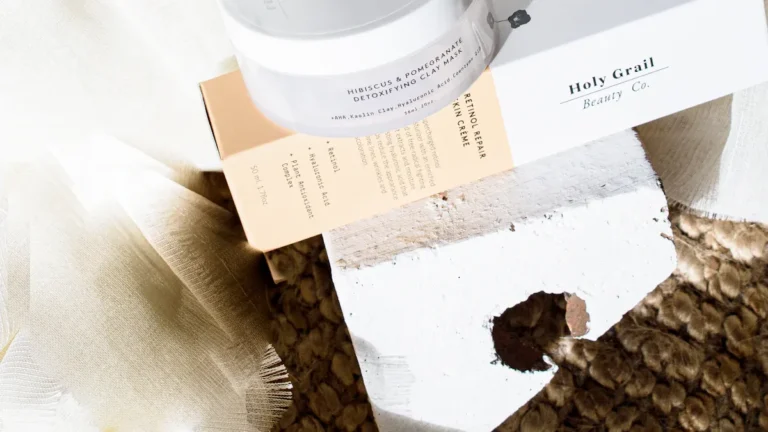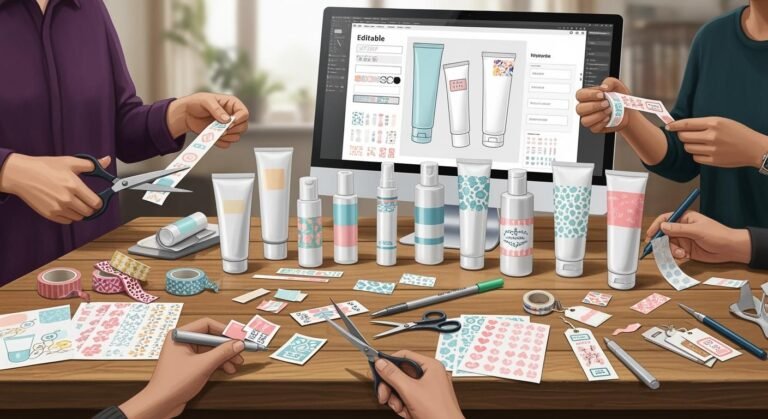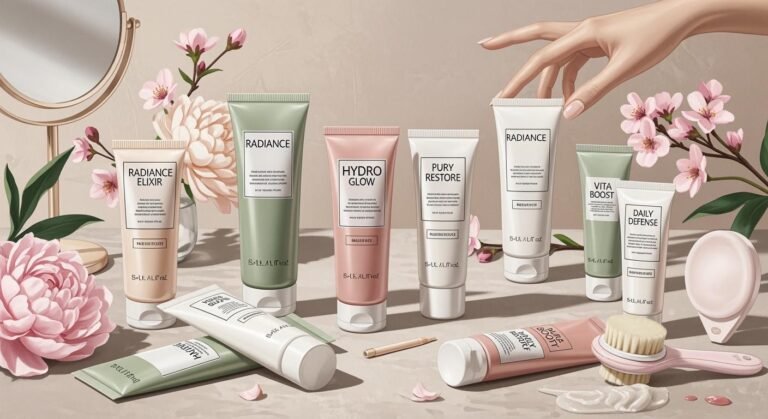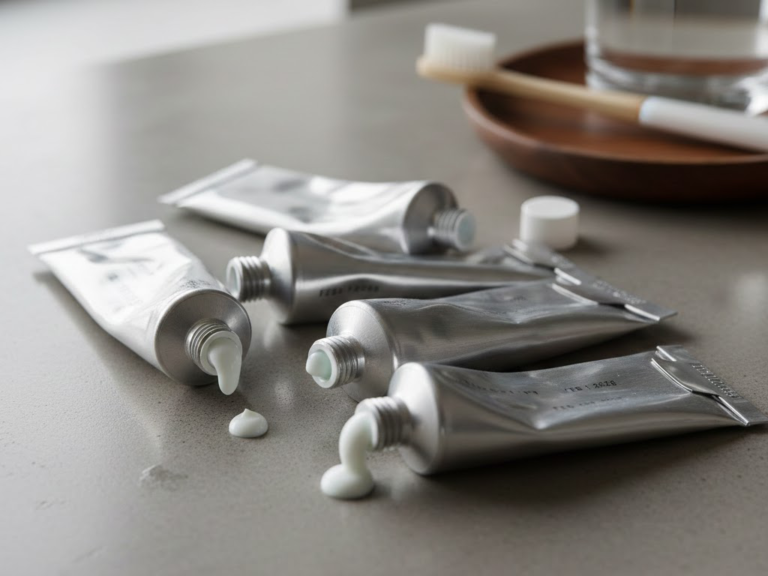What is the Most Sustainable Packaging for Cosmetic Tubes? A Deep Dive with XINFLY PACKAGING
Sustainability has become one of the most critical issues in the beauty and personal care industry. With millions of cosmetic products sold globally each year, the impact of packaging waste on the environment is undeniable. Consumers and brands alike are now asking: What is the most sustainable packaging for cosmetic tubes?
The answer lies in innovative materials, eco-friendly manufacturing, and responsible design. Leading manufacturers such as XINFLY PACKAGING are pioneering solutions that balance performance, aesthetics, and environmental responsibility.
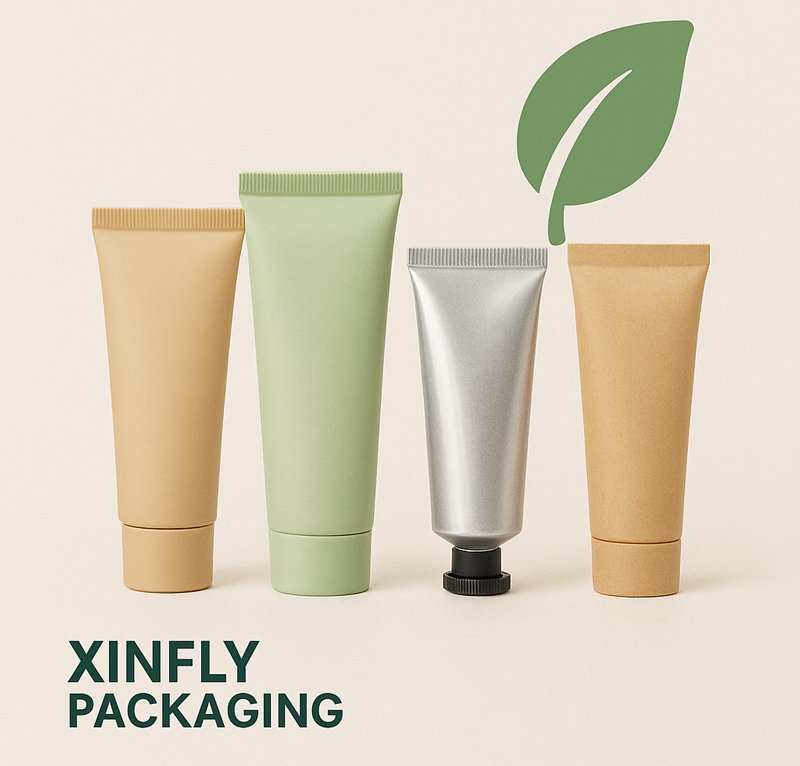
Why Sustainable Packaging Matters in the Beauty Industry
The beauty industry generates significant amounts of plastic waste every year. Traditional packaging, often non-recyclable and single-use, ends up in landfills and oceans. This has sparked a shift toward sustainable cosmetic packaging that aligns with global environmental goals and consumer values.
Consumer Demand for Eco-Friendly Solutions
Today’s consumers are more eco-conscious than ever. They want products packaged in recyclable, biodegradable, or refillable containers—and they’re willing to pay more for brands that embrace sustainability.
Understanding Cosmetic Tube Packaging
Traditional Packaging Materials
Historically, cosmetic tubes have been made from conventional plastics like polyethylene (PE) and polypropylene (PP). While cost-effective, these materials contribute heavily to plastic pollution.
The Shift Toward Green Packaging
To address this, manufacturers are now turning to alternatives such as PCR plastics, bio-based plastics, aluminum, and paper-based tubes, all of which reduce environmental impact while maintaining functionality.
What Makes Cosmetic Packaging Sustainable?
Recyclability and Reusability
Packaging that can be recycled multiple times or reused significantly reduces waste.
Biodegradable Materials
Materials that break down naturally, like plant-based bioplastics, are a step toward a circular economy.
Reduced Carbon Footprint
Eco-friendly packaging often uses less energy during production, further lowering its environmental impact.
Types of Sustainable Packaging for Cosmetic Tubes
Post-Consumer Recycled (PCR) Plastic Tubes
Made from recycled plastics, PCR tubes reduce the demand for virgin plastic and help close the recycling loop.
Sugarcane-Derived Bio-Plastic Tubes
Bio-based plastics from sugarcane are renewable, recyclable, and have a lower carbon footprint compared to petroleum-based plastics.
Aluminum Cosmetic Tubes
Aluminum is infinitely recyclable, durable, and offers excellent product protection—making it one of the most sustainable choices.
Paper-Based and Hybrid Tubes
Paper-based cosmetic tubes combine renewable resources with minimal plastic use, offering a balance between sustainability and functionality.
Comparing Sustainable Cosmetic Tube Materials
Plastic vs. Bioplastic
- Conventional Plastic: Cheap, widely available, but environmentally damaging.
- Bioplastic (e.g., sugarcane-based): Renewable, recyclable, and eco-friendly, but production costs are higher.
Aluminum vs. Paper Tubes
- Aluminum Tubes: Durable, infinitely recyclable, and protective of sensitive formulas.
- Paper-Based Tubes: Lightweight, renewable, and compostable, though less resistant to moisture.
Cost and Scalability Considerations
While eco-friendly packaging often costs more initially, bulk manufacturing and wholesale solutions are making sustainable materials more accessible to cosmetic brands.
Innovations in Eco-Friendly Cosmetic Packaging
Lightweighting and Minimalist Design
Reducing material usage without compromising quality is a growing trend. Lightweight tubes cut down plastic use and lower transportation emissions.
Refillable and Reusable Tube Options
Some brands are experimenting with refillable tube systems, allowing consumers to keep the outer packaging while only replacing the product inside.
Advances in Green Manufacturing
Energy-efficient machinery, water-saving systems, and eco-certified inks are transforming the way cosmetic tubes are produced.
Role of Cosmetic Tube Manufacturers in Sustainability
How Manufacturers Can Lead the Change
Manufacturers play a vital role by adopting eco-materials, improving recycling processes, and investing in sustainable innovation.
The Importance of Certifications and Standards
Certifications such as ISO 14001 (Environmental Management Systems) and FSC (Forest Stewardship Council) ensure that packaging meets strict sustainability requirements.
Spotlight on XINFLY PACKAGING
Company Commitment to Sustainability
XINFLY PACKAGING has built its reputation as a reliable cosmetic packaging supplier with a strong focus on eco-friendly solutions. The company is dedicated to reducing plastic waste and supporting green innovation.
Eco-Friendly Materials and Technologies Used
XINFLY PACKAGING offers:
- PCR plastic tubes made from recycled content.
- Bio-based sugarcane tubes for renewable packaging.
- Aluminum and paper hybrid tubes for sustainable alternatives.
Success Stories of Sustainable Projects
XINFLY PACKAGING has partnered with multiple beauty brands worldwide, helping them transition from traditional plastics to greener, recyclable solutions without compromising aesthetics or durability.
Why XINFLY PACKAGING is a Leader in Sustainable Cosmetic Tubes
Balance Between Quality and Sustainability
The company ensures that eco-friendly packaging maintains durability, shelf appeal, and functionality, proving that sustainability doesn’t mean sacrificing quality.
Wholesale Solutions for Brands
By offering cosmetic tube wholesale options, XINFLY PACKAGING makes sustainable packaging affordable for both startups and global brands.
Global Partnerships and Impact
Their sustainable packaging solutions are distributed globally, making a significant impact in reducing carbon footprints across supply chains.
Challenges and Future of Sustainable Cosmetic Packaging
Overcoming Cost Barriers
Sustainable materials often cost more than traditional plastics, but economies of scale and rising demand are expected to lower costs over time.
Educating Consumers About Recycling
Even the best packaging fails if consumers don’t recycle correctly. Brands must educate customers on proper disposal.
The Future Outlook for Eco-Packaging
The next decade will likely see fully compostable tubes, refill stations, and zero-waste packaging innovations, further revolutionizing the industry.
FAQs on Sustainable Cosmetic Tubes
Q1. What is the most sustainable packaging for cosmetic tubes?
A: Aluminum and bio-based plastic tubes are among the most sustainable, as they are recyclable and have a lower carbon footprint.
Q2. Are paper-based cosmetic tubes durable?
A: Paper-based tubes are lightweight and eco-friendly but may require protective linings to handle liquids or oily formulations.
Q3. Can PCR plastic tubes be as strong as virgin plastic tubes?
A: Yes. High-quality PCR tubes provide durability and performance comparable to virgin plastics.
Q4. How does XINFLY PACKAGING support eco-friendly packaging?
A: They offer PCR plastic, sugarcane bio-plastic, aluminum, and paper-based tubes, along with sustainable manufacturing practices.
Q5. Is sustainable packaging more expensive?
A: Initially, yes. However, wholesale solutions and rising consumer demand are making eco-friendly options more cost-competitive.
Q6. Why should brands switch to sustainable packaging?
A: It reduces environmental impact, improves brand reputation, and meets consumer expectations for eco-conscious products.
Conclusion
The beauty industry is evolving, and the question, “What is the most sustainable packaging for cosmetic tubes?” has become more relevant than ever. From PCR plastics to aluminum and paper-based tubes, eco-friendly options are reshaping the future of cosmetic packaging.
XINFLY PACKAGING stands at the forefront of this movement, offering sustainable, customizable, and wholesale solutions for brands looking to embrace environmental responsibility without compromising on quality. By choosing sustainable cosmetic tubes, brands not only protect the planet but also build lasting trust with eco-conscious consumers.
🔗 Learn more about sustainable cosmetic packaging solutions at XINFLY PACKAGING’s official website.
Ready to customize your packaging? Contact our team for detailed pricing, MOQ flexibility, and fast production samples.



